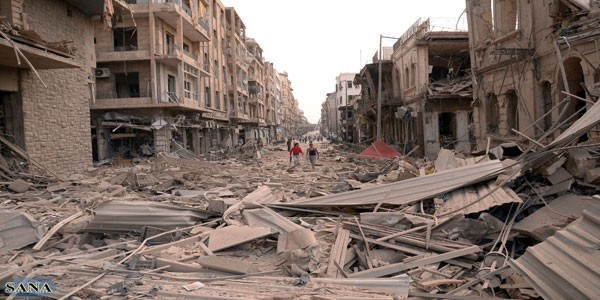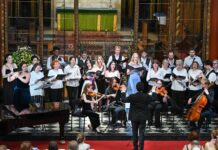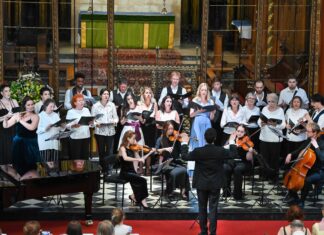The fall of Aleppo probably marks the beginning of the end for Syria’s myriad rebel factions, five and a half years after their uprising began.
With the evacuation of the last of its armed rebels and their families, last month, the Syrian city of Aleppo is once again in the hands of the Assad government. Aleppo had a prewar population of more than two million people; it was not only Syria’s largest city and its industrial powerhouse but had an iconic place as one of the world’s oldest continuously inhabited cities, with a history dating back some eight thousand years. Before the war, Aleppo’s wealth of ancient buildings and its cosmopolitan mix of sects and peoples — Sunni Arabs, Shiites, Kurds, Turkmen, Alawites, Circassians, Chechens, Greeks, Assyrian and Armenian Christians, and even a few Jews — made it a matchless place in the modern Middle East. It remains to be seen what, of all that, has survived.
The fighting and destruction will go on elsewhere in Syria. The combined Syrian-government-Russian-Iranian military offensive that crushed resistance in Aleppo after months of sustained bombardment will undoubtedly soon move southwest to the province of Idlib, bordering Turkey, where most of Aleppo’s evacuees have congregated. The ISIS “caliphate” of Raqqa has yet to be reconquered, along with numerous smaller Syrian towns and cities. But Aleppo’s fall is a momentous milestone, and probably marks the beginning of the end for Syria’s myriad rebel factions, five and a half years after their uprising began.
When a loose coalition of rebels invaded Aleppo’s eastern suburbs, in July 2012, I joined one of the factions at a schoolhouse, which the rebels had turned into a forward base. It was a disquieting experience. Instead of an atmosphere of heady triumph, I found the air rife with fear and suspicion. In one of the classrooms, a couple of dozen cowed-looking men were being held prisoner; when I asked about them, a taciturn fighter shooed me away. A little while later, a commotion erupted when several rebel fighters surrounded one of their comrades and accused him of being a spy. As they grabbed at him, he screamed furiously and tried, unsuccessfully, to get away. He was overpowered and hustled down a corridor by the men; I didn’t learn his fate.
In an attempt to approach the city’s ancient citadel, which was still held by government forces, a companion and I clambered into a car with a handful of gunmen and drove deeper into the city. From the hard stares we received from civilians we passed on the street, it seemed clear that not all of Aleppo’s residents were pleased about their “liberation” by the rebels, and as we approached the city center, gunshots rang out. Feeling ourselves to be in a dangerous no-man’s land, we turned back.








